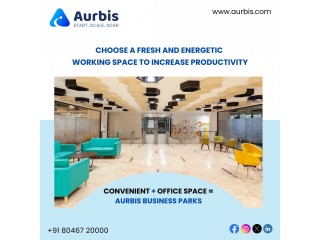HOT ALONE WON‘T DO THE TRICK! Private
3 years ago - Real estate - Bareilly - 193 viewsAbout 5000 to 7000 furnaces for sintering zirconia are produced every year at the moment. The numbers are rising. There are two different heating element types that are installed in the dental furnaces on the market to achieve the extremely high temperatures, usually in excess of 1400°C (2552°F). By far the largest share of the furnaces on the market is built with molybdenum disilicide (MoSi2) heating elements. In some few cases, silicon carbide (SiC) heating elements will be used. These two element types differ in their properties in addition to the entirely different basic materials.
SiC heating elements are usually used up to a temperature of 1530°C (2786°F) as recommended by the furnace manufacturer. A firing cycle will take several hours. MoSi₂ heating elements can be used up to a temperature of 1750°C (3182°F), depending on the quality and furnace type. The maximum application temperature of these heating elements therefore is clearly above that of SiC heating elements. Additionally, the surface load, which means the power (W) that can be emitted per square centimeter (cm2) is more than twice that of SiC, at above 25 W/cm2. This permits much faster heating-up rates, to much higher application temperatures. Heating to 1550°C (2822°F) in less than 15 minutes is possible.
Among the ceramic materials, silicon nitride ceramics possess good overall performance (e.g., high hardness, high strength, low density, low thermal conductivity, low chemical activity, and high wear resistance), which promotes these applied as rolling bearing, machine tools, sliding bearing in water pumps.
Aluminum titanate has outstanding properties that make it ideally suited for applications involving molten aluminum, including complete resistance to wetting by aluminum alloys, total gas impermeability, and a very low thermal expansion coefficient. This material offers a longer service life and higher reliability when compared to cast iron, calcium silicate or fused silica components. All riser/stalk tubes are 100% leak-down tested, and parts are available with gasketing and ceramic foam filters to provide complete assemblies.
Alumina ceramic is an industrial ceramic that has high hardness, is long wearing, and can only be formed by diamond grinding. It is manufactured from bauxite and can be shaped using injection molding, die pressing, isostatic pressing, slip casting, and extrusion.
Reaction bonded silicon carbide has excellent wear, impact, and chemical resistance. The strength of RBSC is almost 50% greater than that of most nitride bonded silicon carbides. It can be formed into a variety of shapes, including cone and sleeve shapes, as well as more complex engineered pieces designed for equipment involved in the processing of raw materials.
Ceramic fiber paper is a must-have for those who work in the manufacturing industry. It’s a type of the high-temperature insulated paper that’s integral to many manufacturing functions. For one thing, ceramic fiber paper has a huge variety of applications — whether it’s protecting gaskets (like rope gaskets) from high temperatures or providing insulation — and there’s a range of grades and thermal conductivity, depending on what’s needed. If you’re looking to purchase ceramic fiber paper, we’re your best bet — we’ll discuss some of the benefits and applications that you might not have expected out of this material and what you should expect when ordering and handling it.






